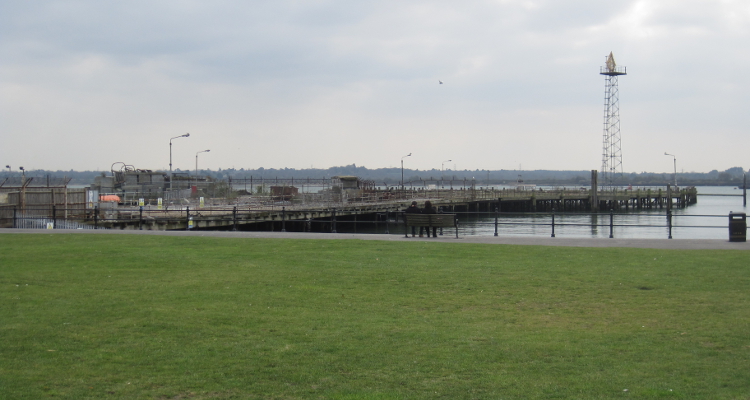In the United Kingdom, Aspers Group has announced that it now intends to proceed with its plan to build a $563 million waterfront casino in Southampton after winning a High Court challenge that had been brought by rival Global Gaming Ventures (Development) Limited.
Aspers Group, which is a joint venture of the local Aspinall family and Sydney-based Crown Resorts Limited, already operates casinos in London, Milton Keynes, Newcastle and Northampton and was awarded the Southampton casino license in March of 2016. Its plan calls for the construction of a new facility offering 150 slots alongside some 30 gaming tables inside the planned Royal Pier Waterfront hotel, retail and office development although the overall scheme has yet to receive final approval.
London-based Global Gaming Ventures (Development) Limited, which recently opened its 50,000 sq ft Victoria Gate Casino in Leeds and has plans to inaugurate a gambling facility in the city of Bath early next year, objected after its own plan for the new Southampton casino in the Hammerson shopping development in Watermark West Quay was rejected in favor of the proposal from Aspers Group.
In its legal challenge, Global Gaming Ventures (Development) Limited argued that work at Watermark West Quay was already underway while the Royal Pier Waterfront project had yet to gain final planning permissions. It also claimed that the evaluation of benefits should have been mathematical since the term “gross value-added” had been used in the original criteria.
However, High Court judge Sir Jeremy Baker ruled that the claims of Global Gaming Ventures (Development) Limited had “no merit” since Southampton City Council had stated from the beginning of the tender process that the Royal Pier Waterfront development was the best place for the new casino.
“Although I accept that gross value-added is usually expressed as a monetary value, I consider that, in the context of the broad evaluation exercise which it was required to carry out, the advisory panel was entitled to take the view that it was not required to make a mathematical calculation of the gross value-added of each of the applications,” wrote Baker in his judgement.
Global Gaming Ventures (Development) Limited had moreover contended that the licensing authority should have considered whether an alternative tenant could be found to step into Aspers Group’s place in order to provide equivalent impetus.
“There is no evidence that such a fundamental amendment, as suggested by the claimant, would be countenanced and that the wider development would go ahead as originally envisaged without the prior construction of the casino development,” wrote Baker.
Aspers Group earlier explained that its Southampton casino, which is to pay a 2% tax on gross gaming revenues, will create 180 new jobs and follow an initial $125,256 license payment with a further $187,879 on opening before handing over $62,600 per year to help fund local problem gambling programs.
“We are very proud to have delivered two operational large license casinos in the United Kingdom and are very excited to now have the opportunity to bring a high quality Aspers casino to Southampton,” read a statement from Richard Noble, Chief Operating Officer for Aspers Group.



